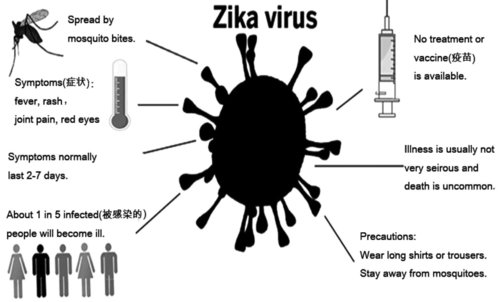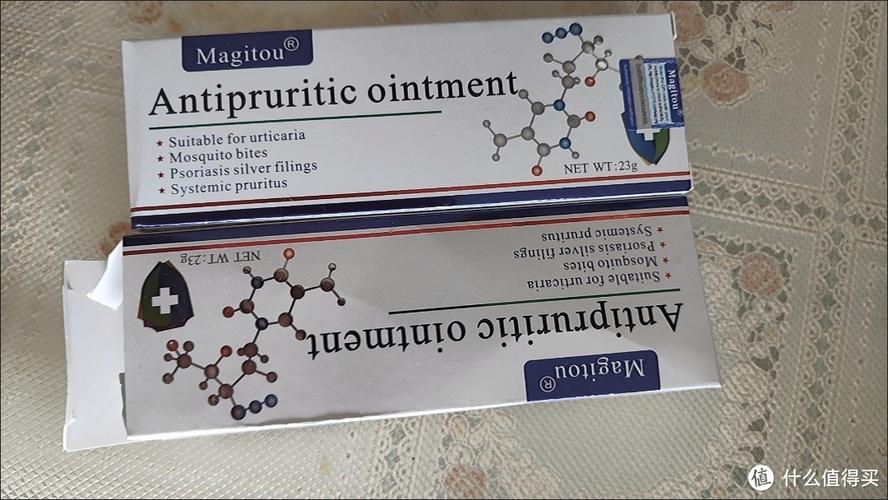
Allergic Mosquito Bites: A Comprehensive Guide
Have you ever experienced a mosquito bite that turned into a painful, itchy bump? While most people can shrug off these bites without much trouble, some individuals may suffer from severe allergic reactions. In this article, we will delve into the details of allergic mosquito bites, their symptoms, causes, and treatment options.
Understanding Allergic Reactions to Mosquito Bites
When you get bitten by a mosquito, its saliva enters your skin. In most cases, this saliva is harmless, but for some people, it triggers an allergic reaction. This reaction can range from mild to severe, with symptoms varying from person to person.

Here are some common symptoms of an allergic reaction to a mosquito bite:
- Severe swelling and redness around the bite area
- Intense itching
- Pain or tenderness
- Difficulty breathing
- Facial swelling
- Abdominal pain
In some cases, an allergic reaction to a mosquito bite can be life-threatening. This is known as anaphylaxis, a severe allergic reaction that requires immediate medical attention.
Causes of Allergic Reactions to Mosquito Bites
Several factors can contribute to an allergic reaction to a mosquito bite. Here are some of the most common causes:
- Genetic predisposition: Some individuals may have a genetic predisposition to develop an allergic reaction to mosquito bites.
- Previous exposure: If you have had previous allergic reactions to mosquito bites, you are more likely to experience them again.
- Age: Children are more prone to allergic reactions to mosquito bites than adults.
- Location: Certain regions may have more mosquito species that are more likely to cause allergic reactions.
Diagnosis and Treatment
If you suspect that you have an allergic reaction to a mosquito bite, it is essential to seek medical attention promptly. A healthcare professional can diagnose an allergic reaction by examining the bite area and taking your medical history.

Here are some common treatment options for allergic mosquito bites:
- Antihistamines: These medications can help alleviate itching and swelling.
- Corticosteroids: Topical or oral corticosteroids can reduce inflammation and pain.
- Antihistamine creams: These creams can be applied directly to the bite area to relieve itching and swelling.
- Immunotherapy: In some cases, immunotherapy may be recommended to desensitize your body to mosquito bites.
Prevention Tips
Preventing allergic reactions to mosquito bites is crucial, especially if you are at a higher risk. Here are some tips to help you avoid these bites:
- Use insect repellent: Apply a DEET-containing insect repellent to exposed skin and clothing.
- Wear long-sleeved shirts and pants: This can help protect your skin from mosquito bites.
- Stay indoors during peak mosquito hours: Mosquitoes are most active during dawn and dusk.
- Remove standing water: Mosquitoes breed in standing water, so it is essential to eliminate these breeding sites.
- Use screens: Install screens on windows and doors to keep mosquitoes out of your home.
By following these tips and being aware of the symptoms of an allergic reaction to a mosquito bite, you can help protect yourself from these potentially dangerous bites.
Table: Comparison of Common Mosquito Bite Allergy Treatments
| Treatment | Effectiveness | Side Effects | Duration of Use |
|---|---|---|---|
| Antihistamines | Good | Drowsiness, dry mouth | Short-term |
| Corticosteroids | Excellent
Related Postsoffice 2021 professional plus download 64-bit visio free download,Understanding Office 2021 Professional PlusUnderstanding Office 2021 Prof… Like |



